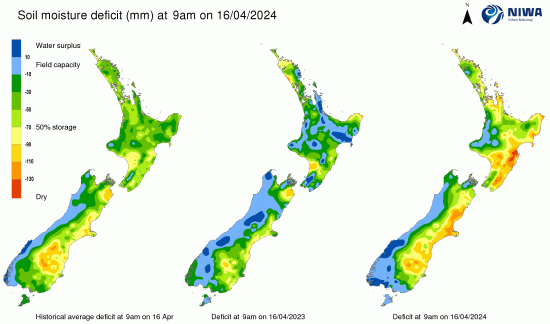Here's our summary of key events overnight that affect New Zealand, with news economic activity in China has perked up but that trend is not evident in the West.
But first, with the opening of Wall Street, trade propaganda is in full swing with the American claiming it will "double US exports to China" while the Chinese are much more modest about how much they will import. Although Wall Street isn't buying the Washington hype, it does see positives in the deal for a number of companies and the S&P500 is up +0.9% in mid-day trade.
On the ground in the real economy, little has changed with the latest December PMIs unchanged at modest levels for both factories (52.5) and services (52.2). But at least they both show small expansions. The latest regional Fed survey for the industrial Northeast paints the same tame, minor expansion picture.
The situation is a little better in China, where industrial production was unexpectedly strong in November, up +6.2% from the same month a year ago and above the +5.6% average over the past year. Similarly, retail sales in November were strong, up +8.0% and at the expected level but that was much higher than the levels over the last four or so months. To keep that going, they have imported +8.5% more thermal coal and generated +4.0% more electricity.
The Shanghai equities market followed up its big Friday jump with another +0.6% gain yesterday. For the two days, that is a +2.4% jump on the trade deal news.
And still in China, new home prices grew at their slowest pace in nearly two years in November after regulatory tightening continuing to cool the market.
In Canada, their housing market is perking up again, with sales volumes up more than +11% than in November 2018. Vancouver and Toronto led the way.
In Europe, their malaise continues with their December PMIs very lackluster. Factories are contracting and services are expanding, but neither is far from stagnation. Things are much better in France than Germany or the UK and it is these latter two who drag the EU results down.
In Australia, their Federal Government has blamed "the effects of drought and bushfires" and "weak momentum in the global economy" for a revision that has knocked about -AU$2 bln off their earlier +AU$7 bln forecast surplus this financial year. The business lobby is turning against the Government there, as mediocre conditions drag on, and key policy reforms get delayed.
The UST 10yr yield is at 1.89% and up +7 bps since this time yesterday. Their 2-10 curve is firmer at +24 bps. Their 1-5 curve is much steeper at +17 bps. Their 3m-10yr curve is also more positive +31 bps. The Aussie Govt 10yr is up +5 bps since yesterday at 1.21%. The China Govt 10yr is virtually unchanged at 3.22%. The NZ Govt 10 yr is now at 1.54% and down -4 bps from this time yesterday.
Gold is at US$1,474/oz and down -US$2 overnight.
US oil prices are little-changed at just on US$60/bbl and the Brent benchmark is still just at US$65/bbl.
The Kiwi dollar will start today little-changed at just under 66 USc. On the cross rates we are softish at 95.8 AUc. Against the euro we are little-changed at 59.2 euro cents. That puts our TWI-5 at just on 70.9. We should also note that the Chinese let their currency strengthen markedly overnight to now just under seven to the US dollar, its biggest one-day move up since February when they last thought they had a deal with the US.
Bitcoin is now at US$7,086 and unchanged since this time yesterday. The bitcoin rate is charted in the exchange rate set below.
The easiest place to stay up with event risk today is by following our Economic Calendar here ».
Daily exchange rates
Select chart tabs
8 Comments
Trade school vs law school. Break the cycle.
https://www.youtube.com/watch?v=dETn6JVO-p4
The situation is a little better in China, where industrial production was unexpectedly strong in November, up +6.2% from the same month a year ago and above the +5.6% average over the past year.
There is a tendency to focus on the “strong” economy in the form of these rebounds without factoring the “lowest on record” they are rebounding from. Month-to-month acceleration is nothing new; the lowest on record, obviously, is. Link
Furthermore:
China’s ambassador threatened Germany with retaliation if it excludes Huawei Technologies as a supplier of 5G wireless equipment, citing the millions of vehicles German carmakers sell in China. Link
China. Fascinating view on China.
Steps & miss steps.
Right back to Nixon (who knew his tooing) and H Kiss.
Question does the narrative are are told exWellington. Does it hold true?
“We do need to be a little bit more courageous and outspoken.”
https://www.newsroom.co.nz/2019/07/19/688081/falun-gong-ask-pm-to-stand…
Punters increase Trumps chances.
https://twitter.com/LadPolitics/status/1206534739198431234


We welcome your comments below. If you are not already registered, please register to comment.
Remember we welcome robust, respectful and insightful debate. We don't welcome abusive or defamatory comments and will de-register those repeatedly making such comments. Our current comment policy is here.